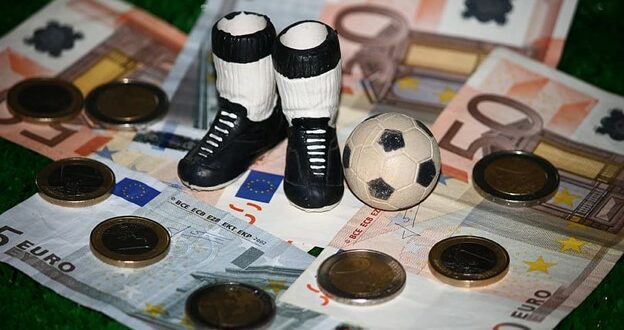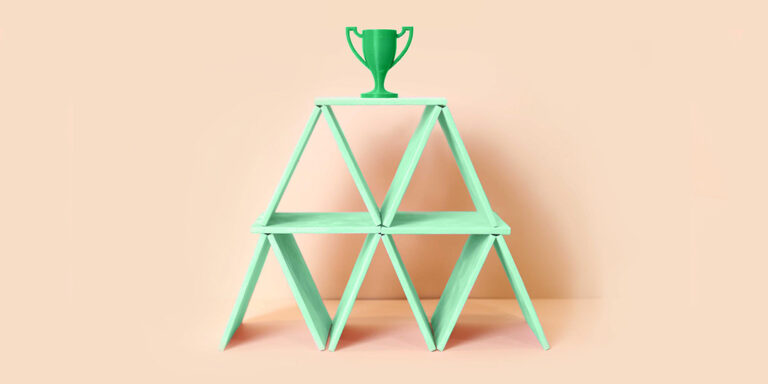2023 Art Market Trends and Survey Analysis
Art Market Trends
As one of the most resilient global markets, the art market has gradually rebounded and expanded in transaction volume after the turbulence of 2020. By 2022, art sales had increased to 37.8 million. The latest report, “Global Art Market Report 2023,” developed by the Basel Art Fair and UBS, provides an overview and emphasis on the current trends and developments in the international art market. According to the report, the United States maintains a leading position globally, with its total sales share increasing by 2% to 45%. The UK, with an 18% sales share slightly higher than China’s, reclaimed the second position. China’s sales decreased by 14% to $11.2 billion, reducing its share by 3% to 17%, currently occupying the third position(sources from miam.org).
Due to the underperformance of the Chinese auction market last year, the spring auctions in Shanghai were canceled, severely hindering and blocking autumn sales in mainland China, resulting in a 22% decline in 2022. The author of the “Global Art Market Report 2023,” Michael Andrew, divides the art market into two main segments: auctions and dealers. For auction houses like Christie’s, Sotheby’s, and Phillips, each set historic highs in 2022, with a combined annual revenue of $17.7 billion, indicating that the high-end market is a significant driver of growth. However, the high-end market has squeezed the low-end market, so despite the strong performance of high-end auction sales in 2022, the overall sales situation appears somewhat weak.
Additionally, the report shows a significant drop in the value of art-related NFTs on platforms outside the art market. Although their sales exceeded $20 million, their value decline is much greater compared to other fields.
Modern and Contemporary Art Market
Data from Sotheby’s indicates that audiences are increasingly interested in new contemporary artists, super-contemporary artists, and works of modern and contemporary art. Isabelle Good, Deputy Specialist in Contemporary Art at Sotheby’s Paris, cites artists like Jadé Fadojutimi, Caroline Walker, and Flora Yukhnovich, noting that the sales of these leading artists exceeded expectations.
“One of the most notable aspects of super-contemporary art is that, contrary to traditional models, it is led by female and Black artists.” — Isabelle Good
Statista’s research department released a global distribution chart of post-war and contemporary art auction revenues for 2022. The U.S. increased its sales share to 48%, an 8% growth, occupying the highest share. China closely follows as the second-largest market in 2022, holding a 22% share of auction sales. The UK is the third-largest market for post-war and contemporary art, with a 13% share, a 2% growth. Additionally, sales in some medium-sized markets in France, Germany, and the EU have declined.
The “Global Art Market Report 2023” suggests that the focus of the auction market in 2022 leaned towards post-war and contemporary art. Since 2011, post-war and contemporary art have consistently led the market, accounting for over half of the value and quantity of artworks in auctions in 2022. The current value of contemporary art has doubled, benefiting from the strong sales of some super-contemporary artists. Although contemporary art decreased by 4% compared to 2021, it still represents 54% of the global art auction turnover. Auction houses like Sotheby’s, Christie’s, and Phillips Hong Kong branch stand out in the auction market, with a total turnover of $506 million in the first half of 2022, steadily occupying a quarter of the global contemporary art auction turnover. However, despite the substantial growth in contemporary art sales in recent years, it remains one of the unstable sectors in the industry, influenced by the severe impact of the high-end market supply, such as the 58% drop in sales during the financial crisis from 2007 to 2009, making it one of the volatile industries in the current market(quotes from miam).
New Changes in the NFT Digital Art Market
As of now, the development trends in the NFT art market remain uncertain. On one hand, the NFT market is gradually recovering this year after experiencing a decline following the art boom in 2022, showing signs of revival. According to Dapp industry reports, NFT transaction volume in January 2023 reached the highest level since June 2022. On the other hand, investor enthusiasm in the NFT sector appears to be waning. Attention has shifted away from concerns about rising artwork prices and financial returns, with a current focus on the impact of blockchain applications on art trade and other domains.
Last year’s downturn and collapse in the NFT market are prompting investors to actively explore other related areas, such as AI-generated artworks or recently trending chatbots like ChatGPT.
Presently, the cryptocurrency market is experiencing a winter, with declines in Bitcoin and Ethereum. However, the performance of other related markets has improved compared to the past. The popularity of digital, film, and video art has significantly increased, with dealer sales in 2022 seeing a 4% increase compared to the previous year. Digital art is gradually making adjustments and changes to continue its market development and adapt to the times.



